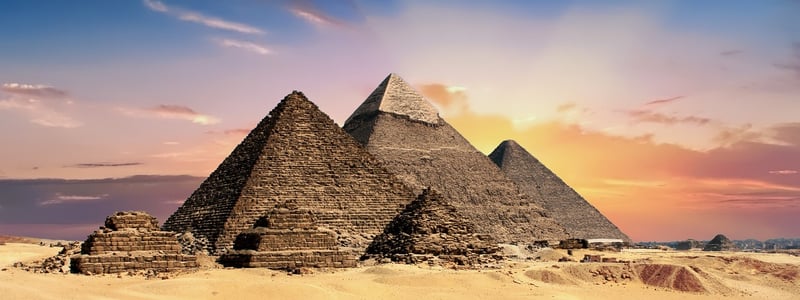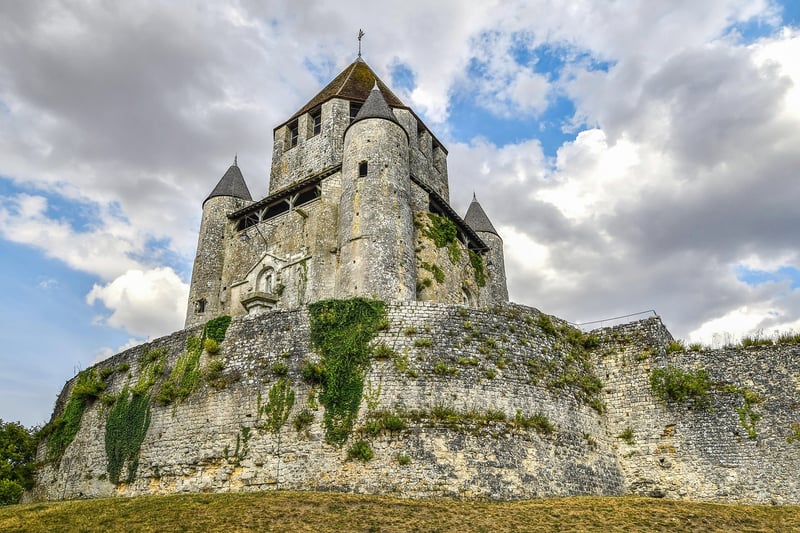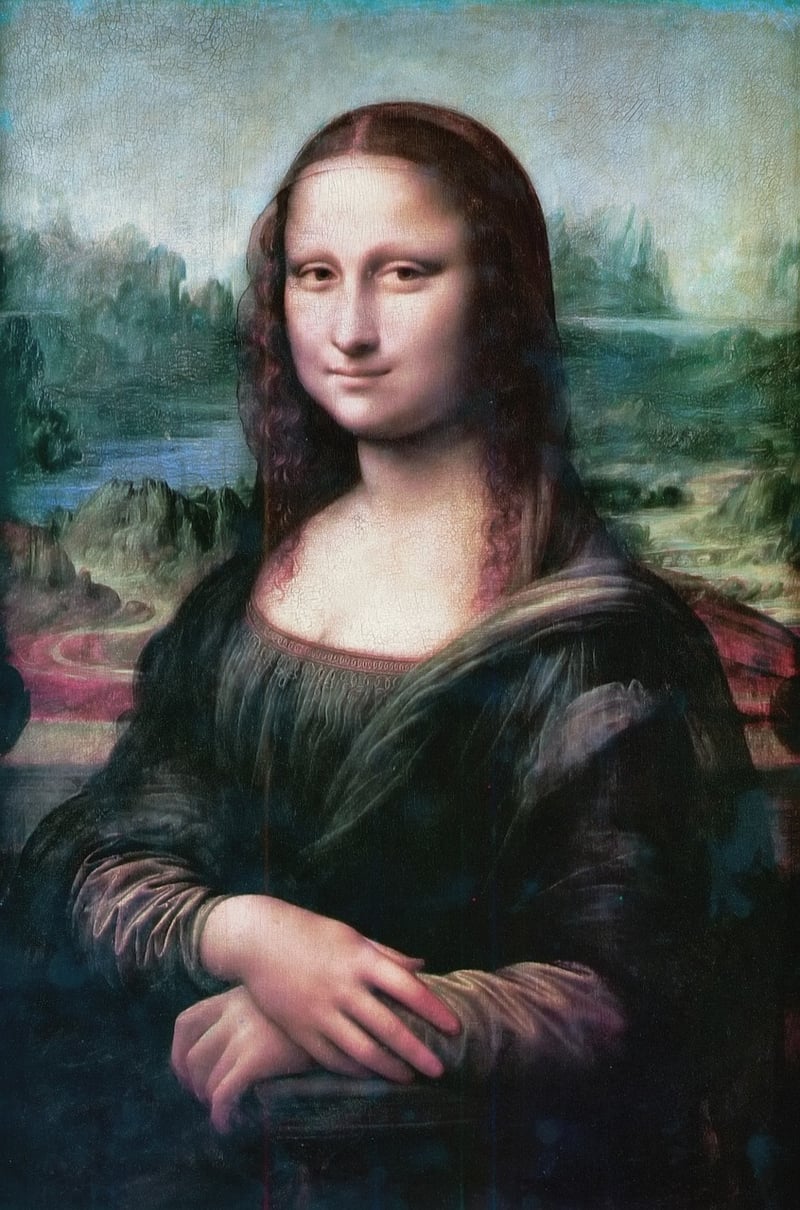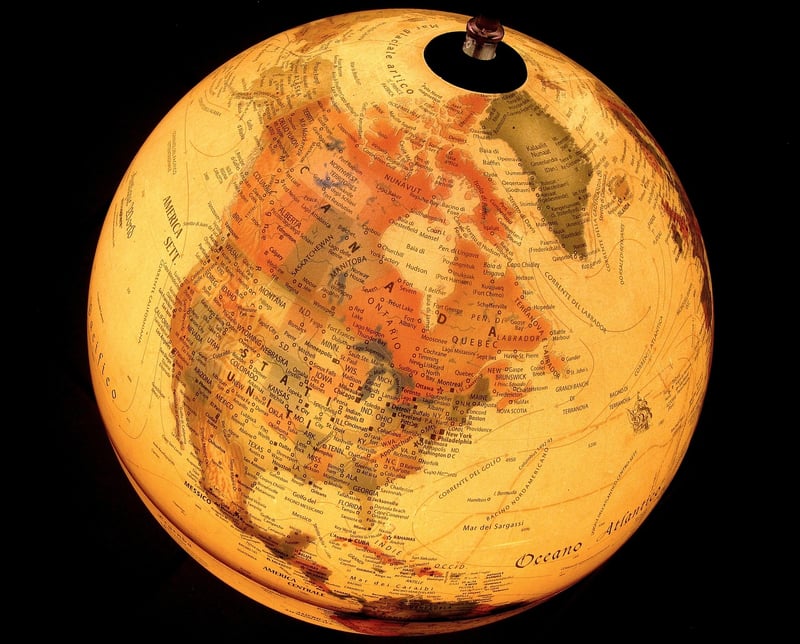Future Exploration
Exploring Time Periods: A Journey Through History
Introduction
Embark on a fascinating journey through different time periods and witness the evolution of civilizations, cultures, and technologies. From ancient civilizations to the modern era, each time period has its own unique characteristics and contributions to the world we live in today.
Ancient Civilizations
Travel back in time to explore the wonders of ancient civilizations such as the Egyptians, Greeks, Romans, and Mayans. Discover the architectural marvels of the pyramids, the philosophical insights of Plato and Aristotle, the engineering feats of the Romans, and the astronomical knowledge of the Mayans.

The Middle Ages
Step into the medieval world of knights, castles, and feudalism. Learn about the Black Death, the Crusades, and the rise of powerful empires. Explore the art and architecture of Gothic cathedrals and the literary works of Chaucer and Dante.

The Renaissance
Experience the rebirth of art, science, and culture in the Renaissance period. Delve into the works of Da Vinci, Michelangelo, and Shakespeare. Witness the advancements in anatomy, astronomy, and exploration that paved the way for the modern world.

The Industrial Revolution
Witness the transformation of society with the advent of the Industrial Revolution. Explore the impact of steam engines, factories, and urbanization on daily life. Learn about the social and economic changes that shaped the modern world.

Modern Era
Enter the modern era characterized by rapid technological advancements, globalization, and cultural exchange. Explore the world wars, space exploration, and the digital revolution that have shaped the 21st century.

Future Exploration
As we look to the future, the exploration of time periods continues. What new discoveries await us? How will future generations perceive our present era? Join us on this journey of exploration and discovery as we navigate through the currents of time.
For more information on historical time periods and future exploration, visit History.com.
